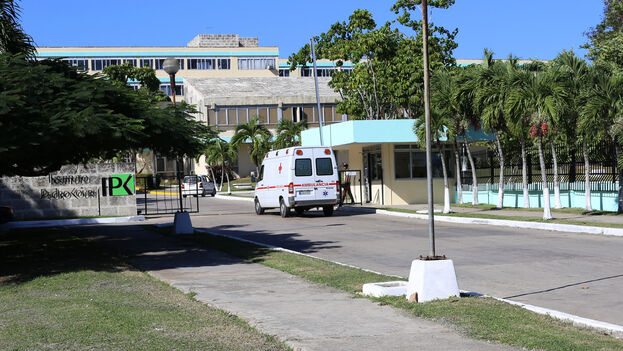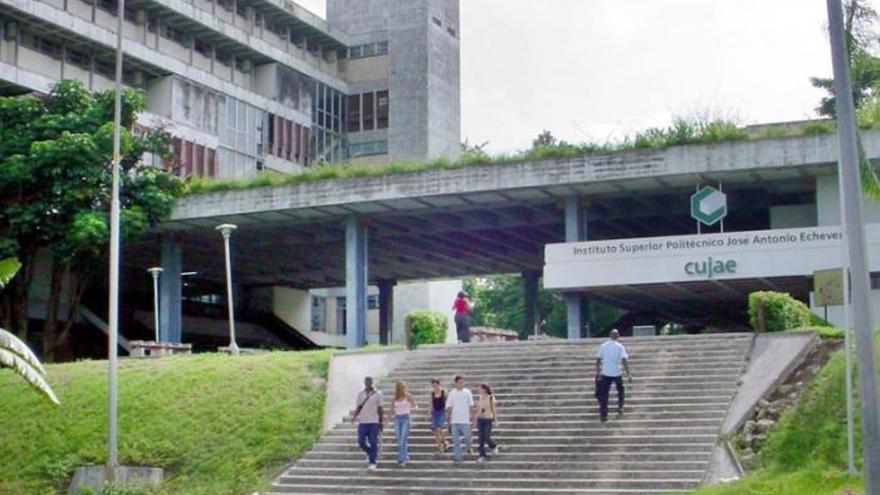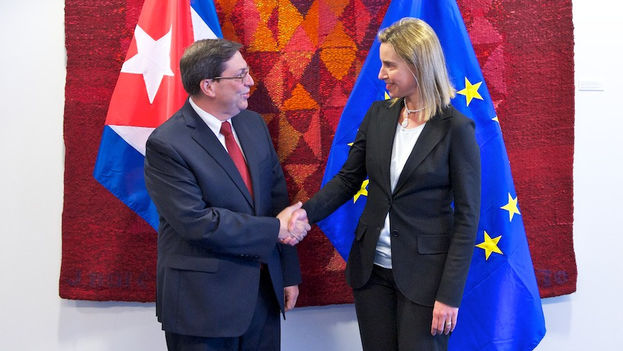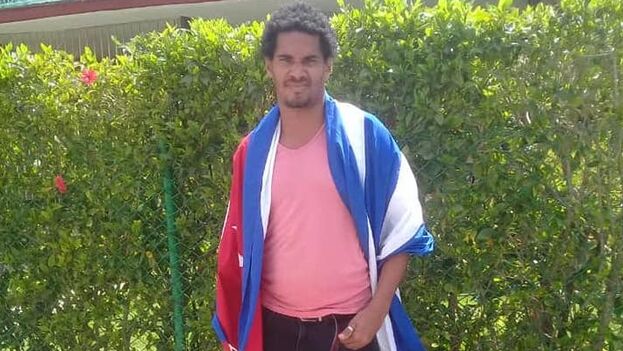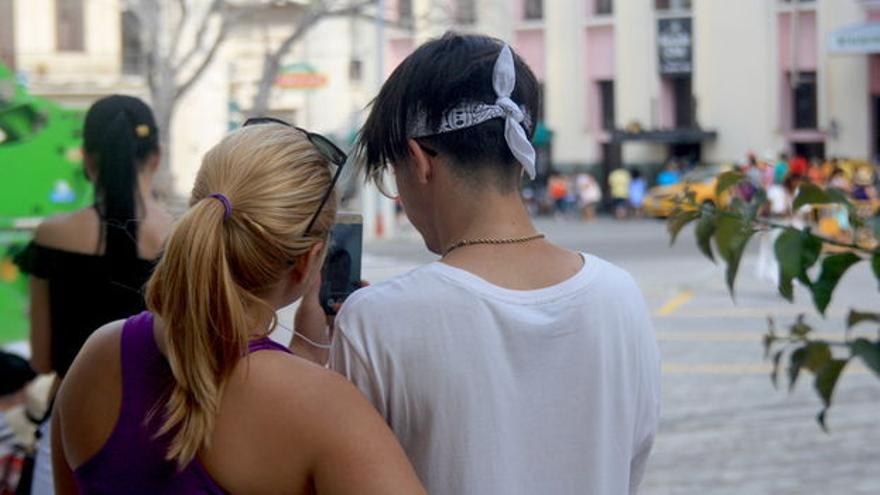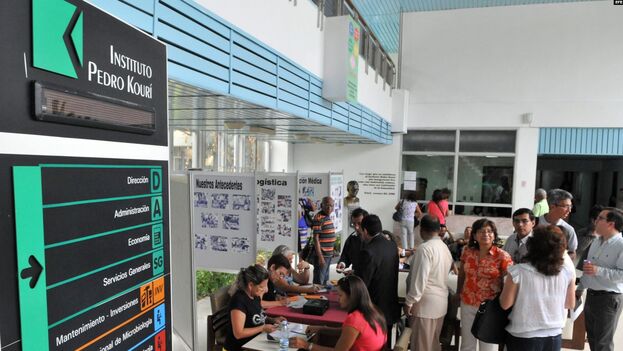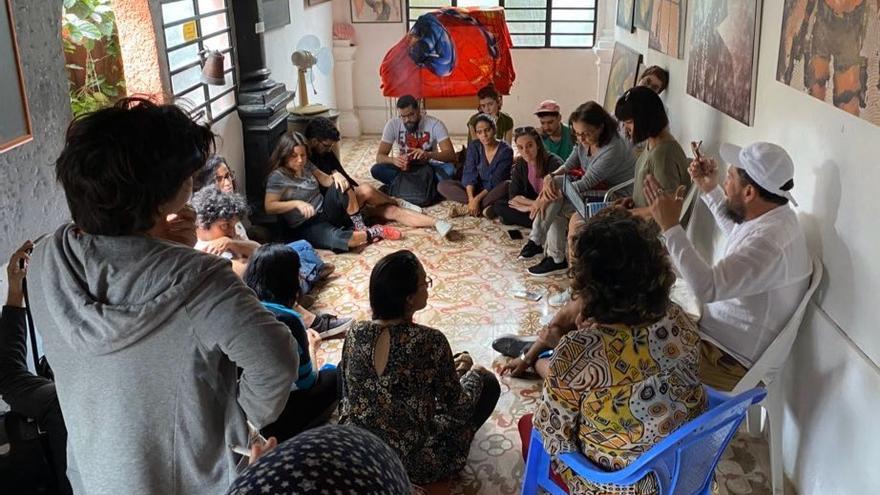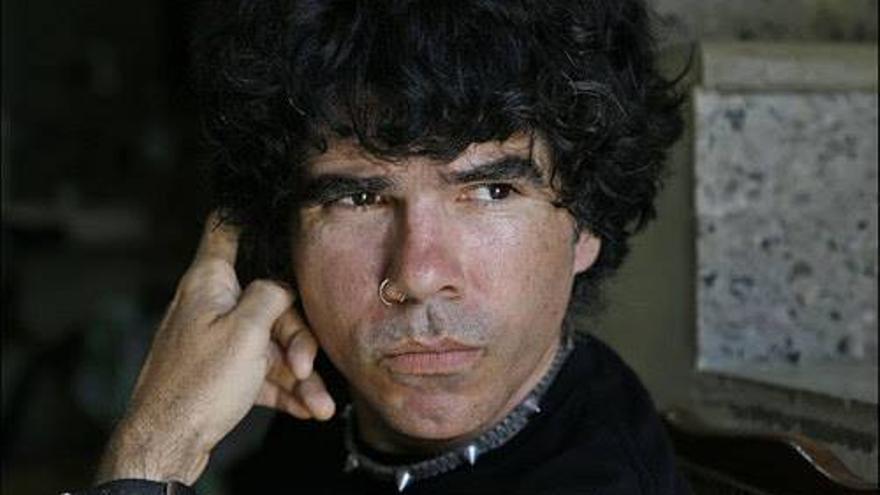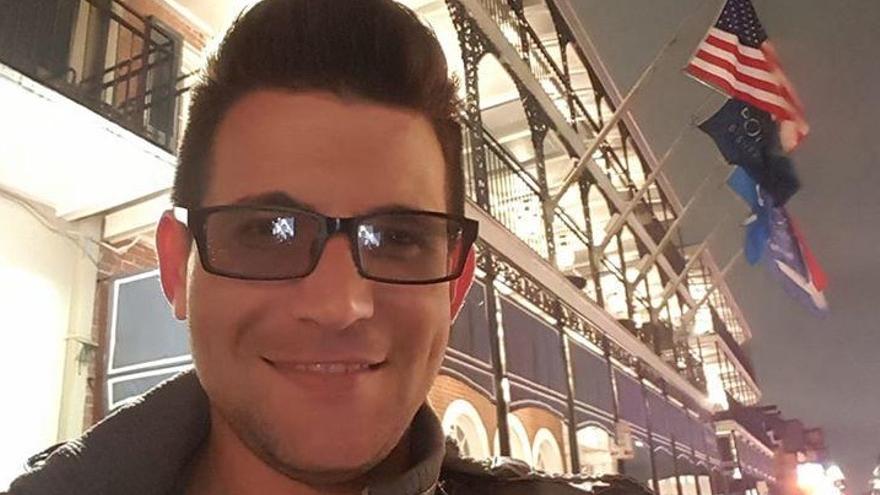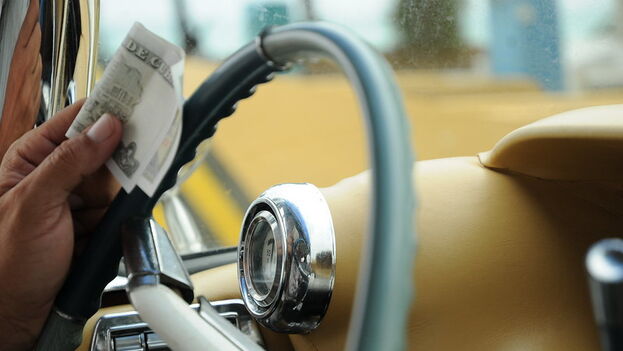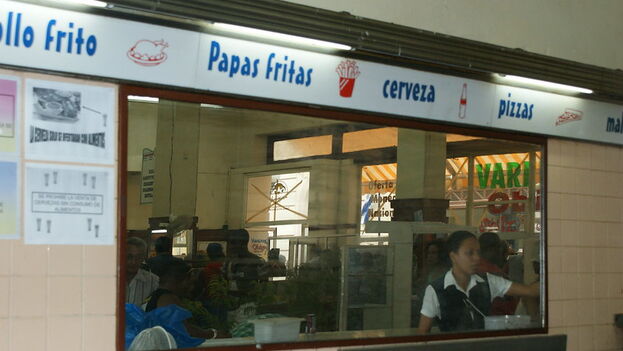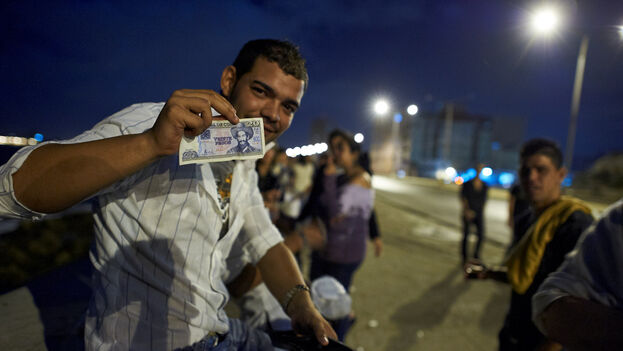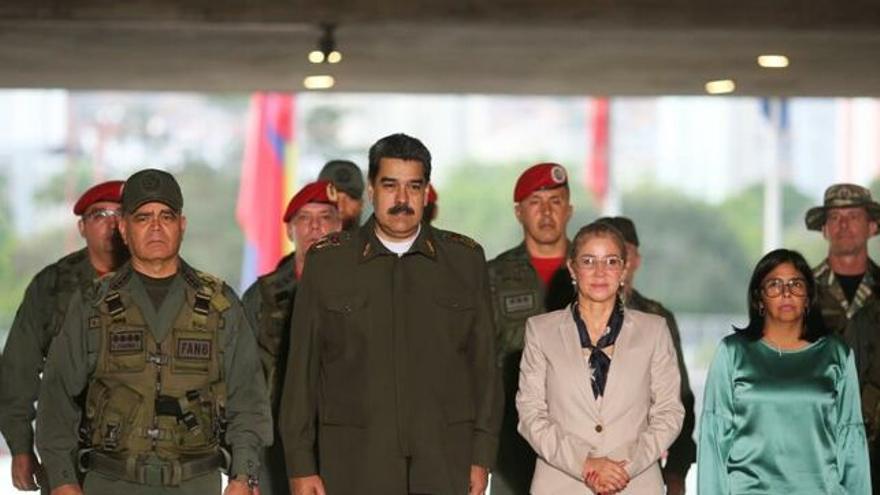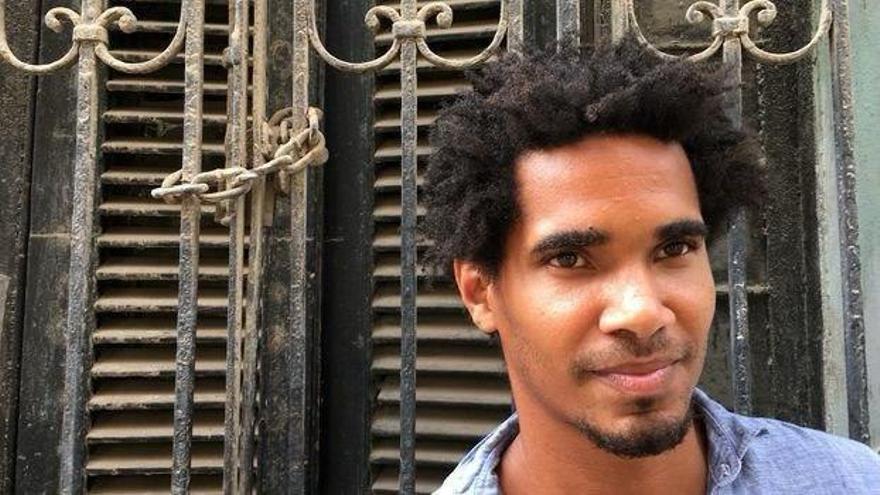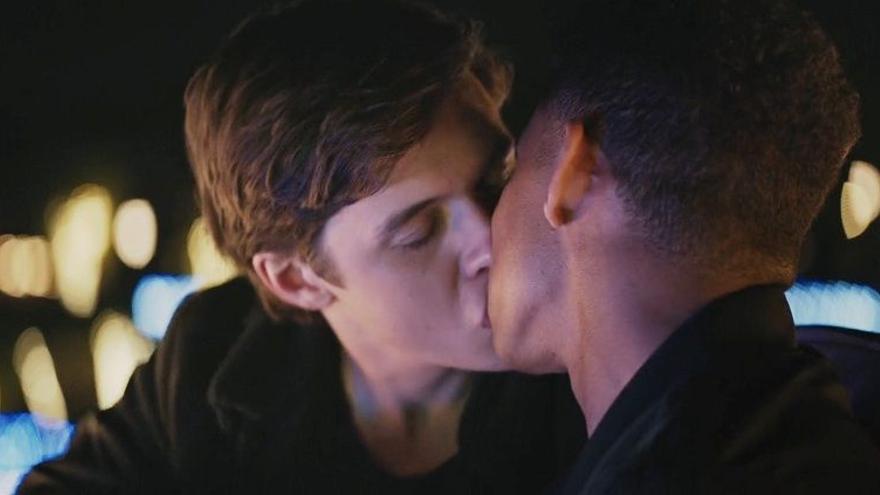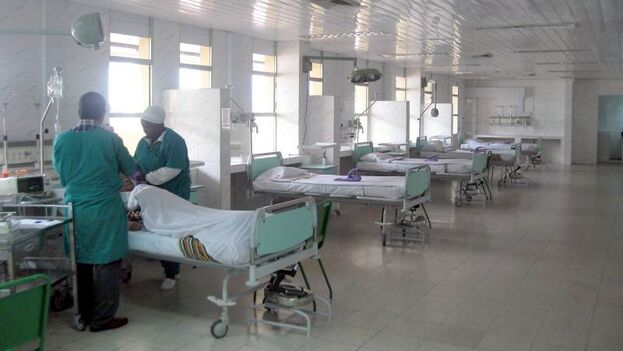
![]() 14ymedio, Yoani Sanchez, Generation Y, Havana, 12 March 2020 — Invisible and potentially mortal. This is the enemy that keeps the world in check. Cuba officially confirmed this Wednesday that three Italian tourists tested positive for coronavirus and it is expected that in the next few days the number of infections will increase and that the authorities will take measures of great social impact. An authoritarian system functions like a permanent barracks or as a field hospital, so it has some “advantages” in an epidemic compared to democracies.
14ymedio, Yoani Sanchez, Generation Y, Havana, 12 March 2020 — Invisible and potentially mortal. This is the enemy that keeps the world in check. Cuba officially confirmed this Wednesday that three Italian tourists tested positive for coronavirus and it is expected that in the next few days the number of infections will increase and that the authorities will take measures of great social impact. An authoritarian system functions like a permanent barracks or as a field hospital, so it has some “advantages” in an epidemic compared to democracies.
The first “superiority” shown by these types of regimes in the face of any emergency is their ability to control information. That ability to dominate the data was deployed in China during the first weeks of the appearance of Sars-Coronavirus-2, during which the few who dared to reveal what was happening were practically branded as traitors. Such was the sad case of Dr. Li Wenliang, accused by the authorities of “spreading rumors” – which could mean a high prison term – and who ended up dying of the virus.
Among some, the fact that only this Wednesday positive cases have been confirmed on the Island and that it was clear that no Cuban volunteer working abroad has contracted the disease has raised alarms. Is the script to “put make up” on the problem – that is to try to hide it – also being applied here? A strategy that would yield – facing the world – that would be extremely dangerous if it failed to convey to the population the real magnitude of the problem. continue reading
If Cuban authorities use the same policy that has been followed for years with regards to the number of people infected or killed by dengue fever is put into practice, the true incidence of Covid-19 in Cuba will never be known.
Accustomed to behaving like generals towards their soldiers and not like public officials towards their citizens, Cuban leaders can implement absolutely invasive and coercive measures at the social level without the need to decree a state of emergency. They do not require special permits to remove potential infected persons from their homes by force, to lock up suspected cases in hospitals, or to cancel all mobility across the country at once. In this, they “beat” democratic models by a landslide.
With an extensive network of informants throughout the national territory, the Plaza of the Revolution only needs to include sneezing and fever among the acts that must be reported, so that this network of snitches is launched to hunt for possible infections. Now, those who report their neighbor for expressing an anti-government slogan or a criticism of the Communist Party will be rewarded, as will those who report that a neighbor “looks sick,” “coughs a little” or “has shut themselves up at home and does not want to open the door.”
Like all strict paternalism, in this situation there will be no shortage of intense propaganda. Those who succeed in overcoming the coronavirus will not do so because the treatment worked or the medical personnel tried hard, but because “the Revolution did not leave him defenseless.” For a few weeks the disease will take on the role of the eternal enemy of the North and each case will be presented as a patriotic and political battleground from which one must emerge unscathed in order, among other things, to demonstrate to ideological adversaries that Cubans live under the best of all possible models.
Official propaganda will also take the opportunity to present the Island’s Health system as infallible, accurate and highly developed. Something that will serve to please those outside our borders who continue to believe the myth of the high level of care of the Cuban hospital network and who will point to “the performance of little David” as an example to follow in their respective countries. Inside the hospitals it will be something else: an overexploited medical staff without union rights, dilapidated facilities and a chronic lack of medicines will star in the “coronavirus days.”
But, unlike in other places, the narrative of that other face will be prohibited and whoever tells it could be legally prosecuted for damaging the country. Freedom of expression and of the press will become as scarce as facemasks. Control over what patients, family and friends post on social media could also be tightened. A post on Facebook, an image posted on Twitter may become an act of treason in the coming days.
But where democracies surpass any authoritarianism when it comes to emergencies is in being able to count on citizen participation. As the most recent devastating earthquake that affected Mexico City demonstrated, when people gather together and work as a team, they can go where a State cannot. Some of this was verified in Havana after the tornado that affected several areas of the capital in January 2019: the first arrivals came carrying food and water and they were people without the responsibility, uniform or credential to do so.
If that support network is outlawed, as is often the case in an authoritarian regime that wants to control everything, including solidarity, confronting the coronavirus may not be as effective as it needs to be. Especially because if services and supplies are cut, help between neighbors and families will become vital. How will one watch over so many old people on this vulnerable and lonely Island? Can a government deal with all that?
It should be added that the excessive control of the State alone has made the Cuban economy an unproductive disaster. In the country, there are daily crowds to buy food and move from place to place, a risk factor in the spread pattern that the disease follows. To top it off, few families have the reserves to stay inside their homes for days and thus avoid contagion. The same authoritarian system that boasts of being ready to face the coronavirus has left citizens in the most fragile defenselessness. It is on this point where democracies can excel, without a doubt.
_________________
COLLABORATE WITH OUR WORK: The 14ymedio team is committed to practicing serious journalism that reflects Cuba’s reality in all its depth. Thank you for joining us on this long journey. We invite you to continue supporting us by becoming a member of 14ymedio now. Together we can continue transforming journalism in Cuba.

